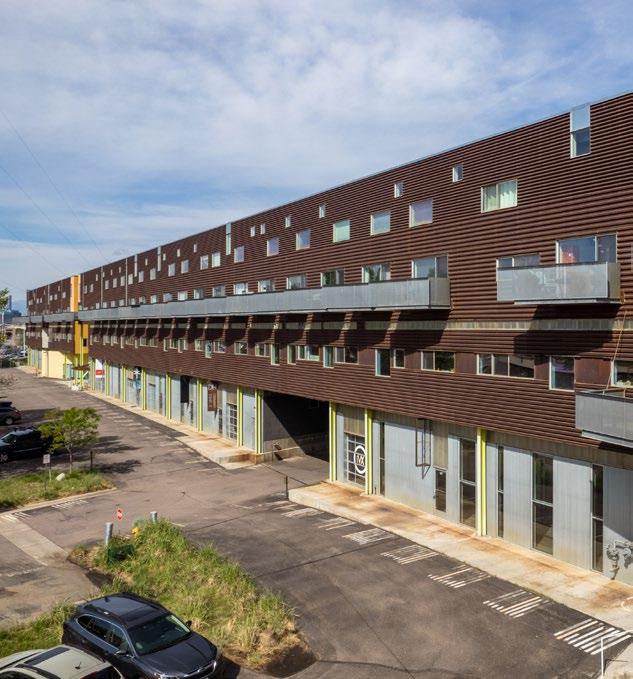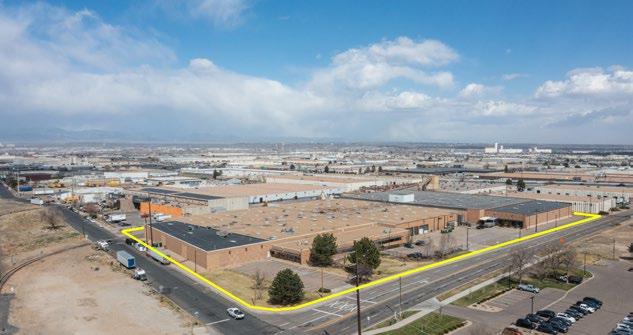
1 minute read
ECONOMIC DRIVERS
Biotech Boom
Growth in the life-science sector has far outpaced that of industries that had previously fueled demand for traditional office space. As a result, big-name developers and biotech companies have shifted their attention — and capital — to expand their real estate portfolios in some of the nation’s largest life sciences markets.
Advertisement
As demand for space has outstripped supply in established markets such as Boston and San Francisco, life sciences companies have looked to emerging hubs in Philadelphia, Atlanta and Denver for more space at cheaper rates.
DIA Industrial Growth
The Denver industrial market, similar to others across the country, has benefited from the unprecedented surge in e-commerce and warehouse demand that kicked off in the early days of the pandemic. Developers have collectively added more than 26 million square feet of industrial space to the region over the past five years, according to CoStar data, with another 10 million square feet in the construction pipeline on track to be completed before the end of 2022.
Construction has been concentrated in the region surrounding the airport, where developers have scrambled to capitalize on rising demand and take advantage of the neighborhood’s land availability. Tenants hunting for access to major distribution routes and proximity to the transportation hub have fueled leasing volume. In 2022 alone, companies including Target and PepsiCo have signed on for significant expansions.
That spillover demand has created fast-growing hubs in those cities, pushing rents to record highs and vacancies to all-time lows. Life science space in the United States now exceeds 166 million square feet, a more than 65% increase from 2014, according to data from JLL. The Denver area has about 3 million square feet — much of which is already spoken for.
The industry has become an important economic propeller for the state, which now generates about $12.3 billion in annual sales from the bioscience sector, according to the Colorado Office of Economic Development. Life science employment spiked by more than 34% between 2010 and 2019, and the sector now employs more than 32,000 workers in the state.







